
Mon-Fri 9am-5pm
Talk to our friendly electric car leasing experts now: 01942 910 001This website uses cookies to ensure you get the best experience. Learn more
The Mercedes EQB Electric Car Lease

The Mercedes EQB - is this the best 7-seater electric vehicle?
Ensuring a robust, and successful, electric car market does necessitate vehicle choice and diversity. Not unlike the combustion segment, the UK leasing customer demographic (personal, business and salary sacrifice) do need adequate choice - cheap city cars, sports and performance options, small SUVs and family-friendly people carrying options.
Not every household is the same and what we expect from our vehicles is different. And while SUVs have dominated customer wish-lists for the last 10 years for petrol/diesel, the EV industry doesn’t appear to have detracted from this philosophy with many of the latest products in 2022 and 2023 being available in some form of 4x4, SUV or Crossover.
The “if it isn’t broke, then why fix it?” type of approach does appear to be working, with 3 SUV options appearing in the top-10 best-selling battery electric vehicles list for 2022 . As the SMMT data sets out, the top 3 included two SUV options and they account for an incredible 46,748 registrations in the UK!
But how many of these electric SUVs are 7-seater?
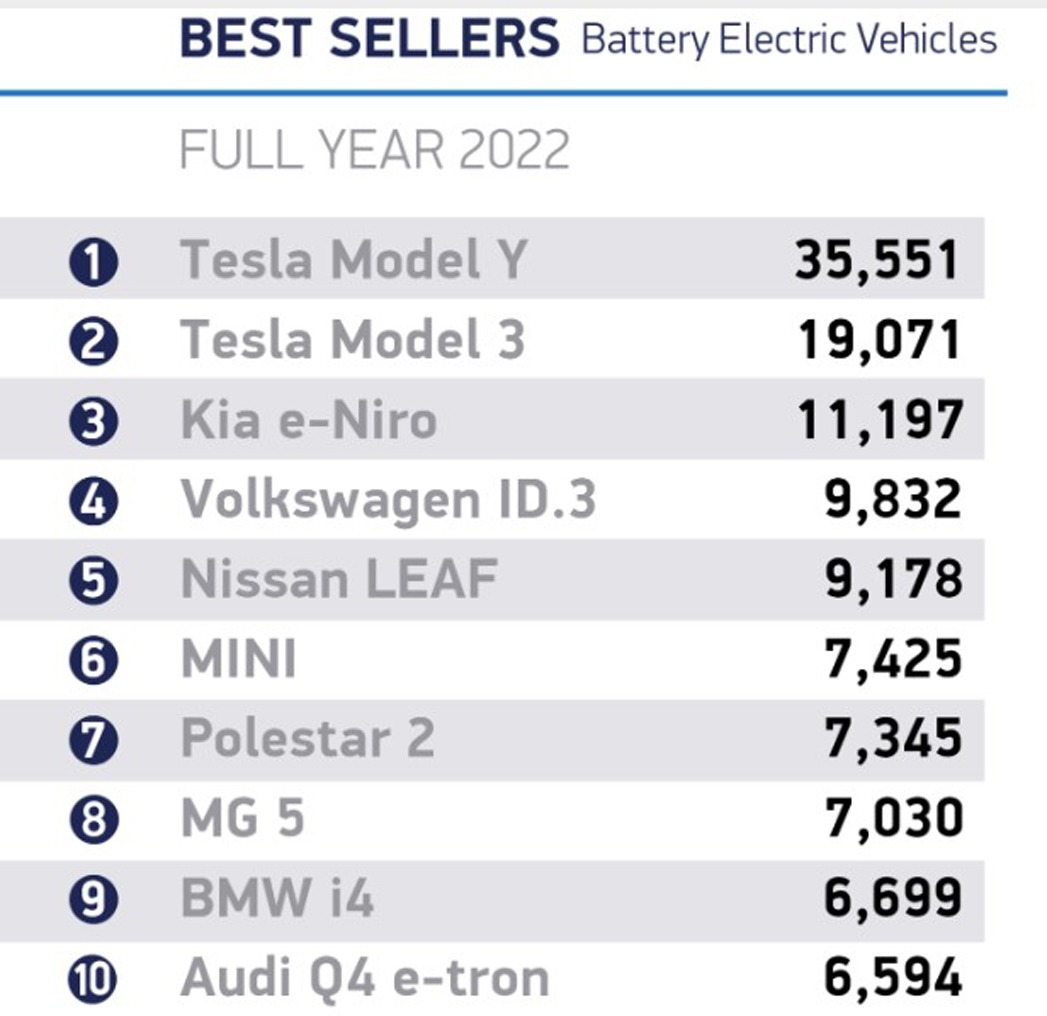
The fact is that there are not many 7 (or 6) seater options in a car-derived format. By which we mean that that there are van-derived options, like the Mercedes EQV, the Vauxhall Vivaro Life EV or the Peugeot e-Rifter. These MPV, or multi-van, options are more of the traditional family solutions which used to be somewhat popular in the UK (if you remember the Chrysler Voyager, Ford Galaxy and Seat Alhambra).
But the truth is that many UK drivers consider these aesthetically unpleasing and there was an almost noticeable drop in popularity as the SUV market began to introduce more cost-effective passenger carrying solutions. You also need to factor into the higher-driving position and increased levels of specification, which together make a more digestible solution to the most discerning of customers.
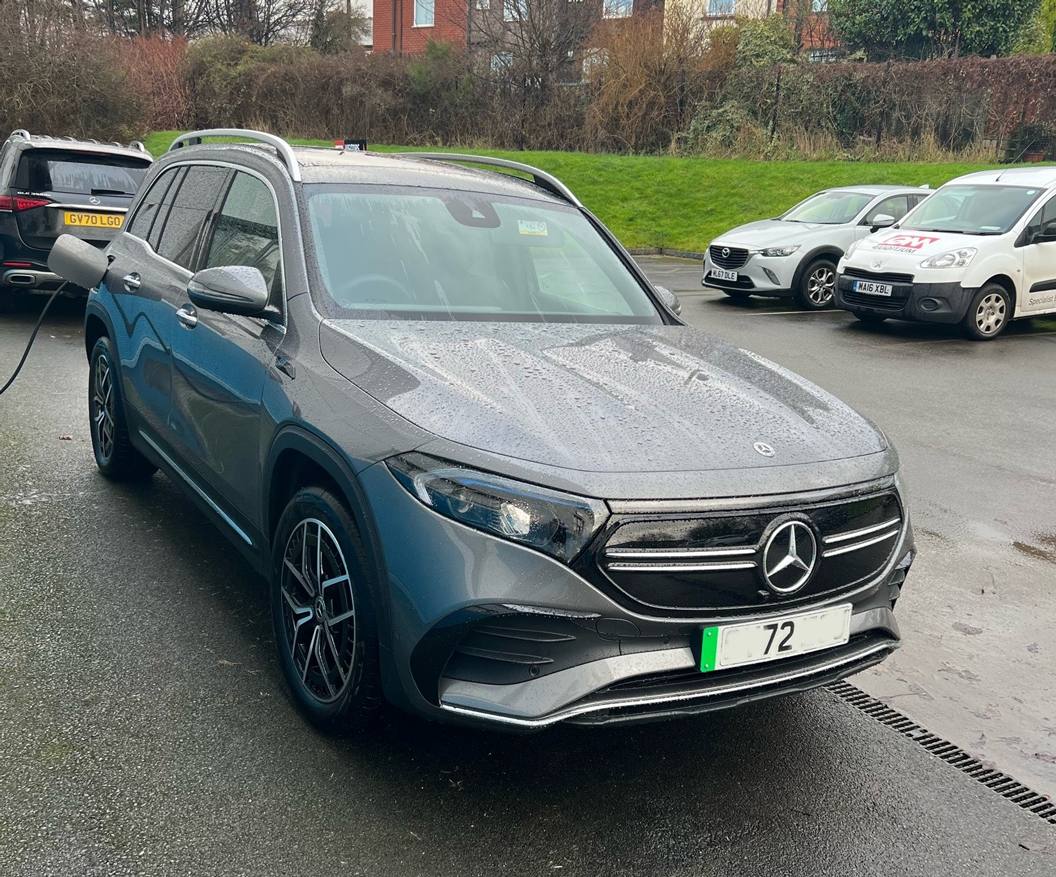
So when Mercedes launched the EQB, which is effectively an electric GLB (the petrol/diesel), in 2021/2022 there were many personal and business lease customers ready to enjoy the comforts of a luxury, but compact, SUV EV.
Before, Tesla were the first to market with a true 7-seat BEV, the Model X is perhaps a more restrictive product to access with starting prices of £80,000 - £90,000. Indeed, for many genuine consumers without access to the amazing corporation tax / company car tax savings which business customer enjoy, the significant price-tag just wasn’t worth the journey to zero-emissions.
While we are not suggesting the EQB is a cheap option, in more recent months the list prices have continued to rise, this is at least more affordable to a wider demographic in the UK. Quite bizarrely, the best-selling electric car of 2022, the Tesla Model Y, was intended to be a 7-seater car BUT Tesla have not confirmed if, and when, this will actually happen. Volvo, will according to their website - make their upcoming EX90 an EV with “seven comfortable and adult-sized seats” but for a considerable £95,000 - £100,000.
So while the EQB is probably the best affordable 7-seater EV, it also happens to be the only affordable 7-seat option to lease. And with many amazing 7-seat options due in 2023/2024, like the Mercedes EQS SUV, the VW ID Buzz MPV and the Kia EV9, none of these will match the affordability or practicality of the EQB.
What options of EQB are there?
- AMG Line - from £55,310 standard equipment includes 18” alloys, AMG bodystyling, Black panel radiator grille, easy-pack tailgate, front and rear LED band, privacy glass, mirror package (electrically folding mirrors), Guard 360 protection, Active Lane Keeping Assist, ambient lighting, heated front seats, x2 10” touch screens, Mercedes sound system, parking package with reversing camera, climate control and smartphone integration;
- AMG Line Premium - from £58,310 this adds 19” alloys, electrically operated panoramic sunroof, keyless-go, advanced sound system, wireless charging for mobile devices and MBUX augmented reality; and
- AMG Line Premium Plus - from £61,310 this adds 20” alloys, electrically adjustable damping suspension, parking package with 360 degree camera, memory package (with electrically adjustable driver’s seat), HUD, MBUX interior assistant and Burmester sound system.
What battery / motor options are there for the EQB?
This 7 seat option is available in two formats including:
- 300 - a usable 66.5kWh lithium-ion battery will offer 0 – 62 times of 8.0 seconds, 99 mph top speeds and 168 kW (or 225 hp). And the drivetrain will be AWD. Expect a combined winter range of 175 miles with warmer weather allowing for 235 miles on a full charge. On charging, the 11 kW AC max will allow 7 hour and 15 min 0 – 100% charging times with the 112 kW DC maximum allowing 29 minute 10 – 80% times. This SUV has a volume of 495L and vehicle fuel equivalent of 125 mpg; and
- 350 - a usable 66.5kWh lithium-ion battery will offer 0 – 62 times of 6.2 seconds, 99 mph top speeds and 215 kW (or 288 hp). And the drivetrain will be AWD. Expect a combined winter range of 175 miles with warmer weather allowing for 235 miles on a full charge. On charging, the 11 kW AC max will allow 7 hour and 15 min 0 – 100% charging times with the 112 kW DC maximum allowing 29 minute 10 – 80% times. This SUV has a volume of 495L and vehicle fuel equivalent of 125 mpg.
To upgrade to the higher performance, you will need to pay around £1500.
But will the EQB charge quickly enough - are there really enough public charge points to charge our EVs?
As many UK media outlets have been reporting, the 2022 Christmas period seemed to bring about delays for public charge points, with some images depicting long queues and frustrated drivers believing their EV could not “rapid charge”. While no one can dispute the images, what’s worth also exploring is some of the basics, as many of the recent articles are pushing anti-EV rhetoric and sensationalistic headlines.
In summary, every EV will have a charge speed capacity shown in AC (slower solutions) and DC (quicker and rapid solutions). The AC will generally be 7, 11 or 22 kW and these alternating current charging solutions are commonly used domestically, at workplaces or at train stations / key destinations.
These are for 4 - 12 hour 0-100% charging sessions; a small proposition of smaller battery EVs are 22 kW AC and can more quickly fill the battery. In contrast, the DC, or Direct Current, are your quicker solutions for more immediate top-ups. The charging speed for these fast solutions can vary from around 50 - 250 kW DC, so there are big differences between EVs.
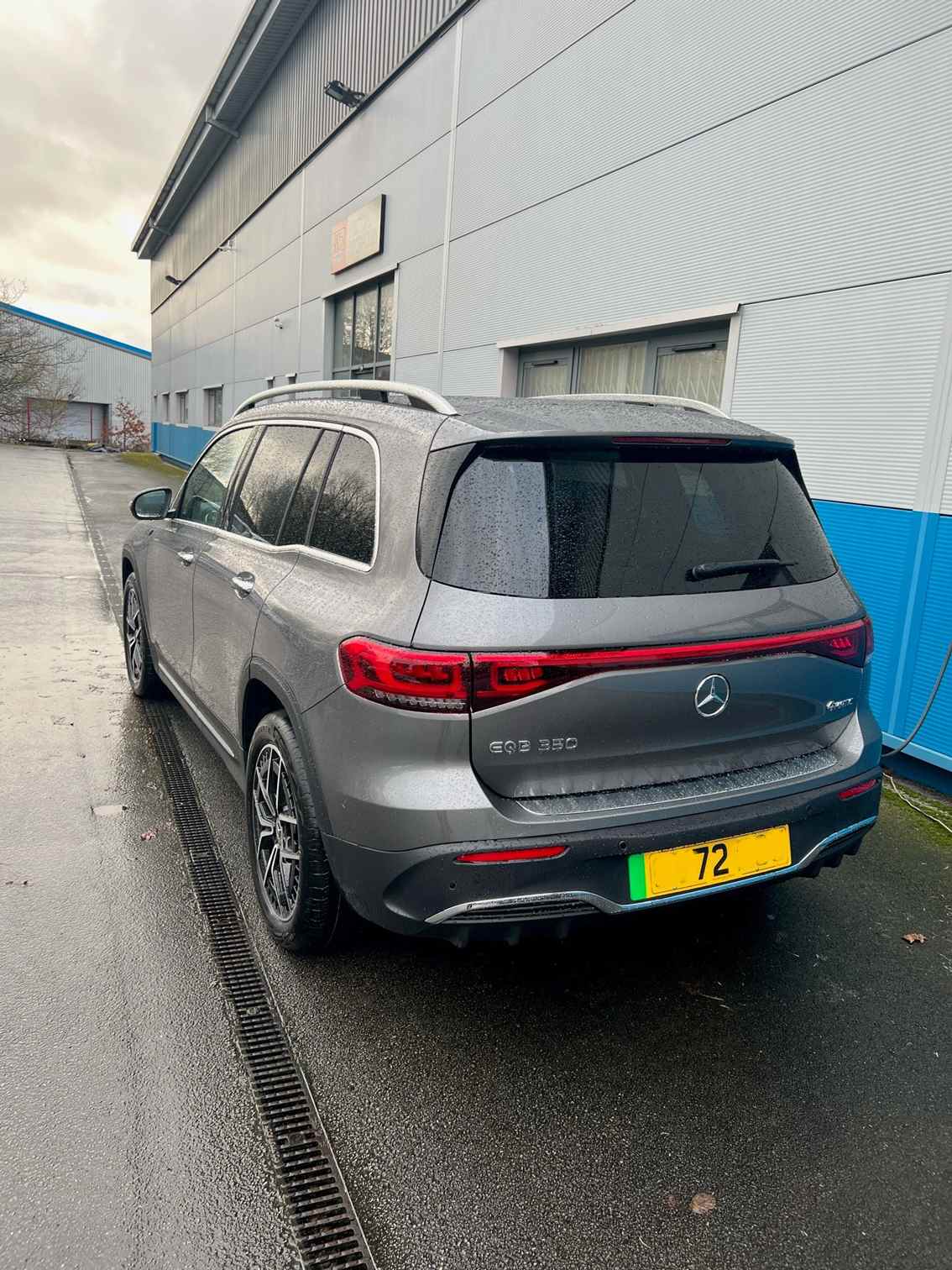
In terms of the fast charge capability converted to “time spent”, this can mean the difference between a 15 minute 10-80% session and a 50 minute session! For info, you generally fast charge to around 80% of battery capacity. In addition to your car’s capability, you also have to check the charge point you are utilising - what capacity is this?
For example, if your EV is capable of 250 kW DC but the charge point is 100 kW DC, then your EV will only reach the 100 kW peak of the charge point. In the same way a 50 kW DC charging capability limits your EV to just that; a faster charge point will offer no more power/speed. This is why we suggest charging speed is as important as range.
In addition to that, you need to understand charge points on your commute / route. This is where location apps, like Zap Map, become useful as they set out the different options to you and help you understand the availability.
In peak times, customers may have to wait to access the charge points, which is why good practice on a charging point is important i.e. when you finish your session, you need to unplug and move! This is why some manufacturers, like Mercedes are developing their own charging hubs for their customers. And this is also why more companies, like Raw Charging, are investing so much into destinate charge points, like shopping centres and restaurants.
And if you don’t believe the improvements, just use Zap Map for more information … 923 were installed in December 2022! EVs are far from perfect but if you fail to prepare and organise properly, this is where most of the issues arise.
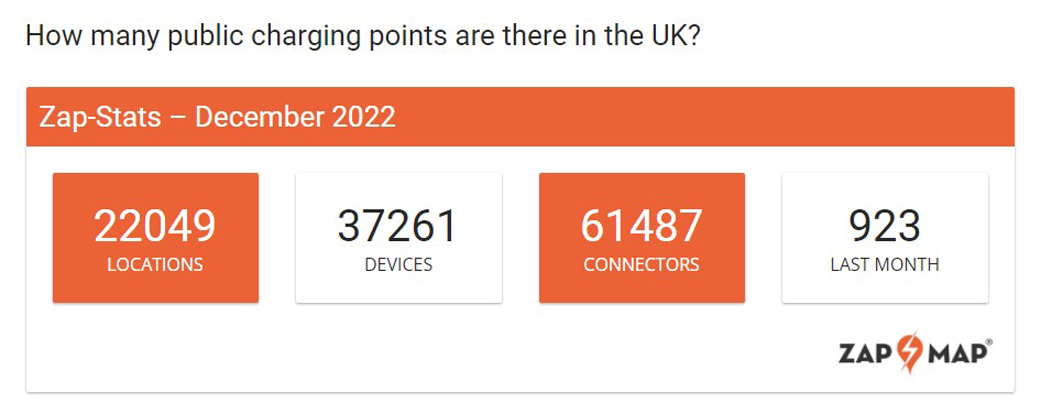
In terms of the car shown, the Mercedes-Benz EQB 350 4M 215KW AMG Line Premium 66.5kwh 5 door Auto Pure Electric Vehicle, this is based on the following configuration:
- Mountain grey Metallic Paint
- ARTICO man-made leather / DINAMICA leather
- 19" AMG 5 twin spoke light alloy wheels
- Black open pore linden wood trim
- Charging cable for wall box and public charging station -
- Type 2(mode 3) 5m
What is the range of the Merc EQB 350?
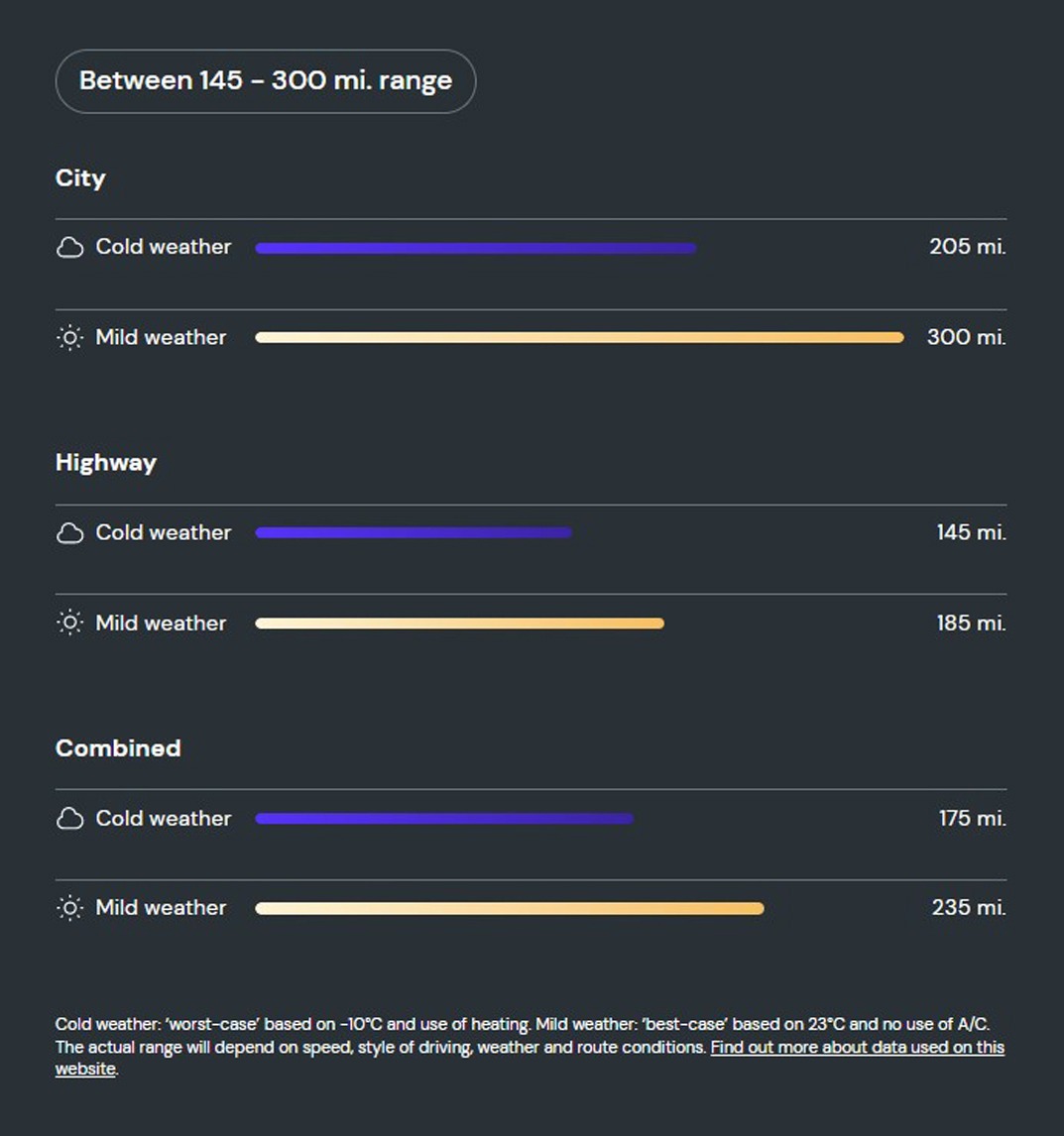
What is the battery capacity and charging speed on the Merc EQB 350?
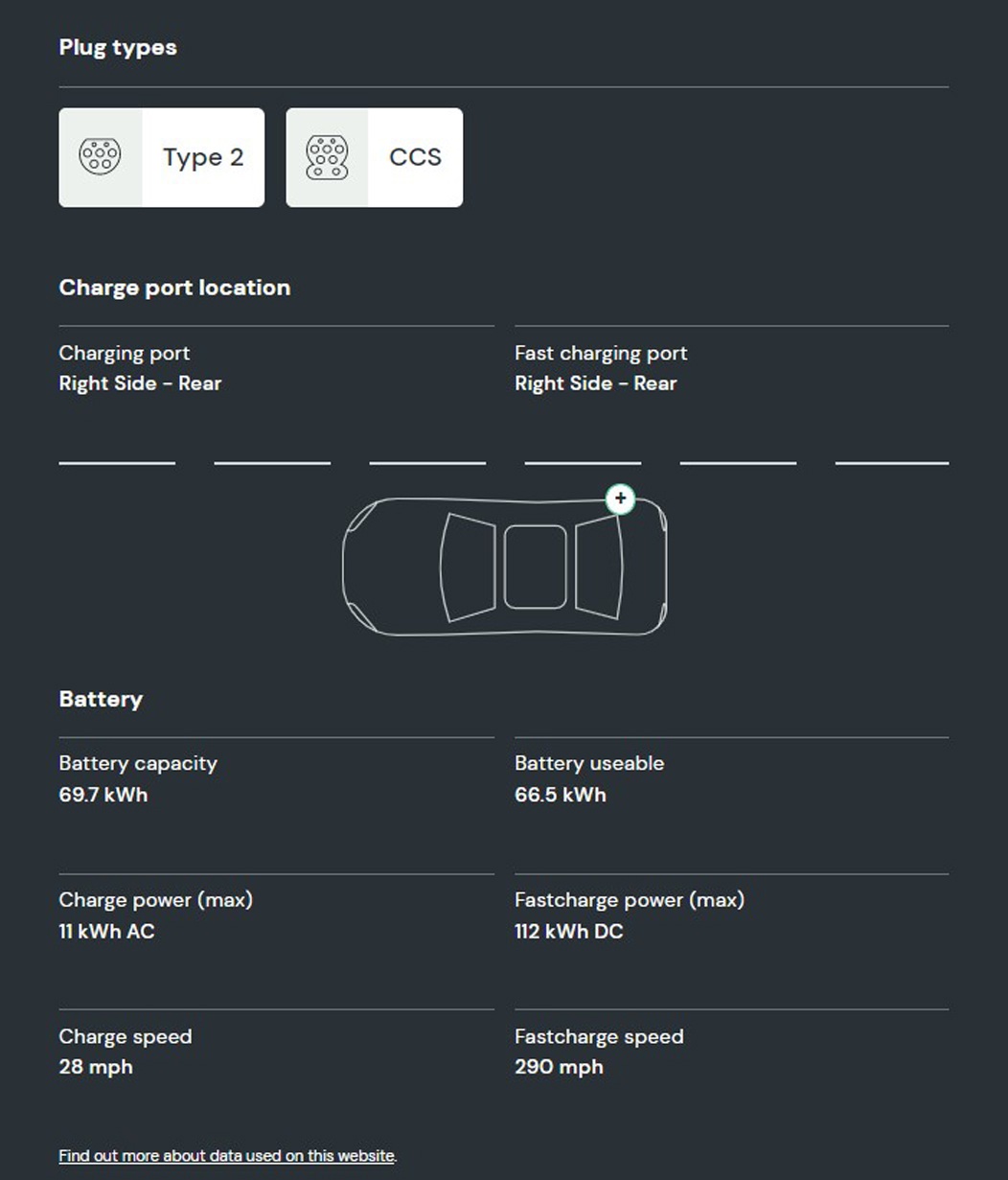
How long does it take to charge the Merc EQB 350?
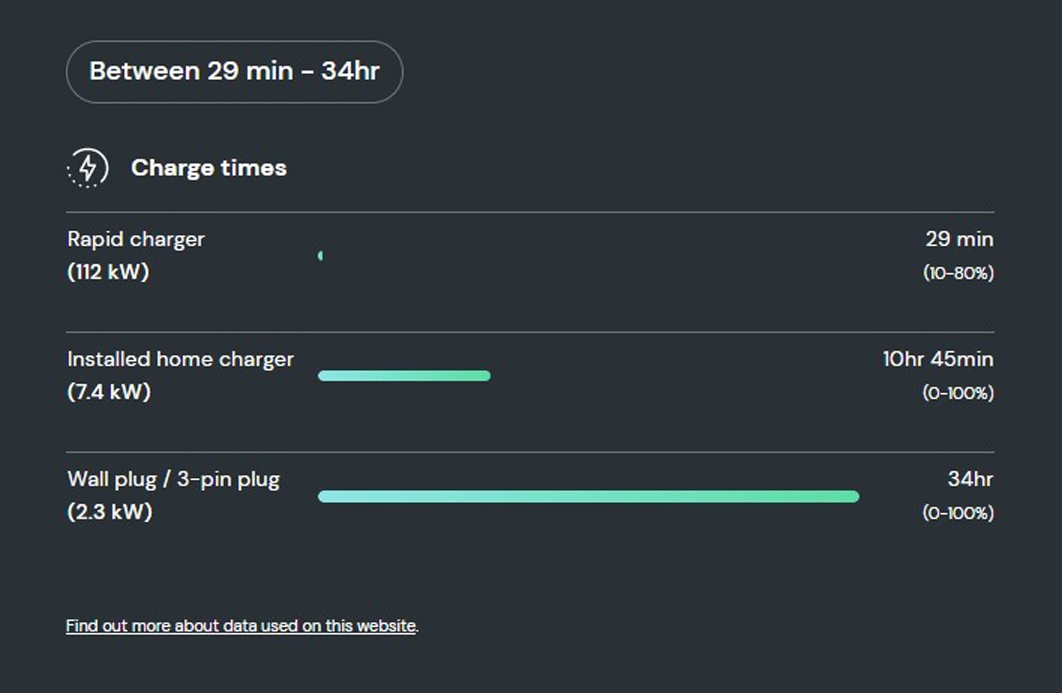
Where can I charge the Merc EQB 350?
.jpg)
What is the company car tax on the Merc EQB 350?
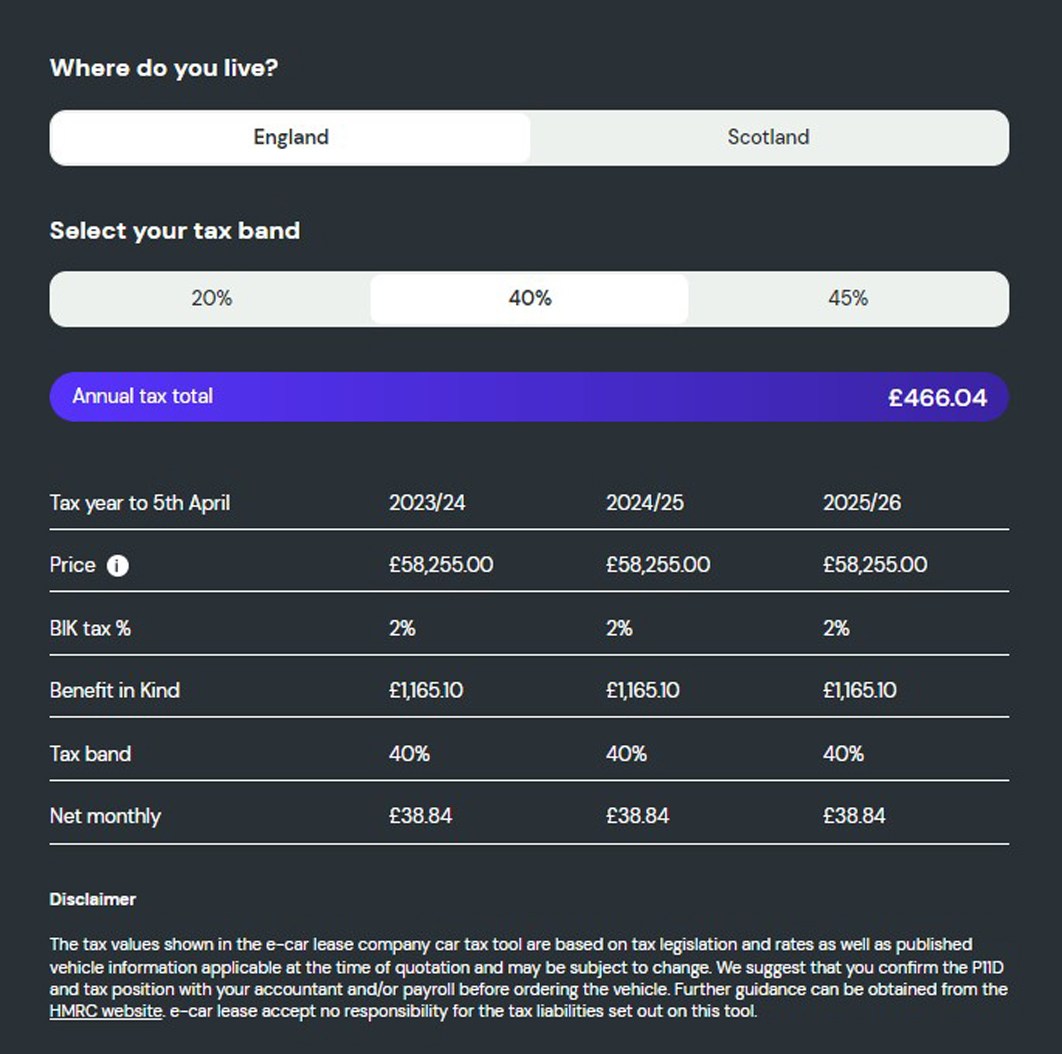
e-car lease work alongside these select finance companies:





e-car lease have a partnership and affiliation with:



Register & get new deals weekly
 Exclusive offers
Exclusive offers
 Electric-only deals
Electric-only deals
 Never miss out
Never miss out

Talk to one of our experts
01942 910 001 Email usLeasing


© Copyright 2025 e-car lease. All rights reserved. e-car lease is a trading name of CarLease (UK) Ltd, e-car lease is a credit broker and not a lender. We are authorised and regulated by the Financial Conduct Authority. Registered No: 706617. BVRLA Membership No. 1471. Registered in England & Wales with Company Number: 09312506 | Data Protection No: ZA088399 | VAT No: 200422089 | Registered Office: Kings Business Centre, Warrington Road, Leigh, Greater Manchester, WN7 3XG
Made by morphsites®












